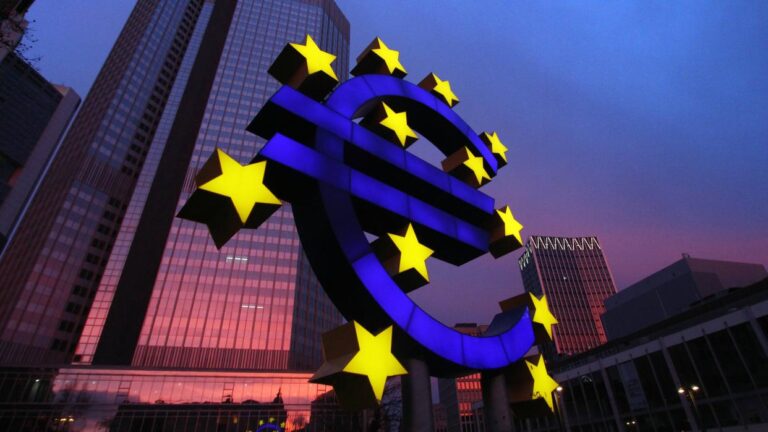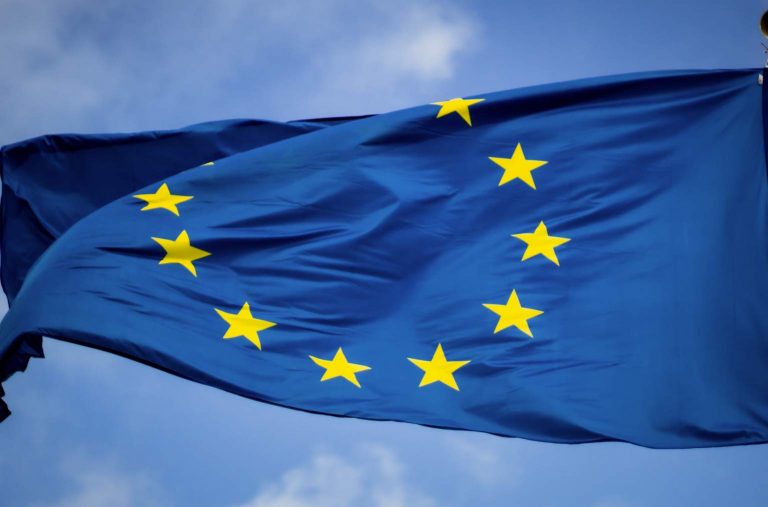
Morning Brief – Vax on, Vax off
The relative calm regarding Covid-19 in the northern hemisphere has allowed economies to open up and realise the potential growth stored up over months of lockdowns and socio-economic restrictions. A good part of the true or at least the attributed root of the ability to open societies and economies once again is the vaccine. The United States was one of the first large nations to approve a set of Covid-19 vaccines for public use and set off upon a trailblazing inoculation program. Today, however, it has been overtaken by other nations, including the UK, and even the former laggard, the European Union. Vaccine hesitancy is one factor that experts and politicians alike are concerned could derail efforts permanently to rid their economies of this pandemic once and for all.
It’s estimated that 100 million people in the United States have been infected with a variant of the coronavirus since the pandemic began. An infection will create antibodies, similar to those produced by vaccines, providing some degree of immunity to the former host of the virus. Those same people, particularly within the US, are often claiming to have no need for the vaccine due to their former exposure to the virus itself. Whatever the debate regarding the health benefits of natural versus vaccine induced immunity, from an economic and foreign exchange perspective it creates further uncertainty that will be seen within currency valuations. Even if natural immunity contributes to the global aim of herd immunity and ridding the population of this virus, it will reduce policy makers’ options and reduce their ability to keep economies open as we approach winter. It is easy to know who has and hasn’t had a vaccine within public health statistics and from there to assess levels of tolerance and immunity within your population. It is much harder, if not impossible, to add natural infection-induced immunity into this equation. National lockdowns and restrictions are therefore more likely as vaccine hesitancy will serve to understate the level of immunity within a population. It follows therefore that higher levels of vaccine hesitancy within a population could undermine the national currency as we approach year end.
In the UK, where 72.5% and 65.9% of the population have received two and one dose of an approved vaccine respectively, vaccines continue to fuel political tensions. The UK has terminated a €1.4bn agreement with French biotech company Valneva, under the grounds that it has breached conditions within its contract. This particular contract has caused a lot of political tension already. The UK secured this contract at a time when the French vaccination program was suffering from both approval and supply of vaccine. The UK securing significant supplies from a French vaccine market therefore stoked tensions across the channel. It also accompanied a multimillion pound public investment in the Scottish unit of the French biotech company. The unwinding of this controversial contract could therefore cause similar political risks to GBP and EUR as its creation did.
Discussion and Analysis by Charles Porter

Click Here to Subscribe to the SGM-FX Newsletter
Related Insights

Daily Brief – Chancellor Reeves
Chancellor Reeves Market observers were no better informed at the end of the Rachel Reeves speech than they were at the outset yesterday morning. The only surprise was that having comprehensively floated options in the past two months for inclusion in her November 26 Autumn Statement, that the Chancellor should have elected to speak at […]

Daily Brief – Eurozone Growth
Eurozone Growth Those productive Germans have for the second month been less productive it turns out in December which was a surprise to the pointy heads deputed to monitor EU stats. The story is as follows: the German services sector remains relatively resilient but manufacturing output has declined. At present the French economy is doing the […]

Daily Brief – European Job Vacancies
European Job Vacancies Here’s a chart which made us sit up and reflect on how things differ across the larger European economies. Looking at job vacancies in 2020 at the time of the pandemic versus today, France and Germany have approximately 15% more jobs on offer whereas Spain has 53% more and Italy a stonking […]



 Humphrey Percy
Humphrey Percy